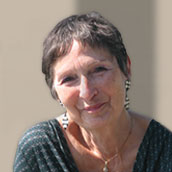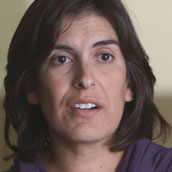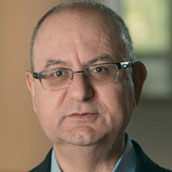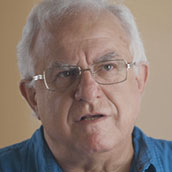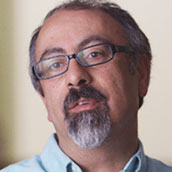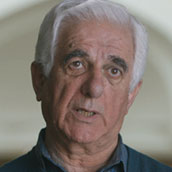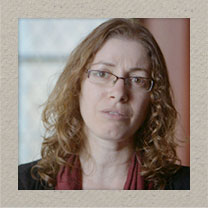 Abigail Jacobson is a History Lecturer at the Massachusetts Institute of Technology. She is also a visiting lecturer at the Department of History and in the Elie Wiesel Center for Judaic Studies at Boston University. Jacobson received her PhD from the University of Chicago in 2006 and taught for several years in Israel before becoming a junior research fellow in 2011-2012 at the Crown Center for Middle East Studies at Brandeis University. Her focus is social and urban history of late Ottoman and Mandatory Palestine and the Eastern Mediterranean.
Abigail Jacobson is a History Lecturer at the Massachusetts Institute of Technology. She is also a visiting lecturer at the Department of History and in the Elie Wiesel Center for Judaic Studies at Boston University. Jacobson received her PhD from the University of Chicago in 2006 and taught for several years in Israel before becoming a junior research fellow in 2011-2012 at the Crown Center for Middle East Studies at Brandeis University. Her focus is social and urban history of late Ottoman and Mandatory Palestine and the Eastern Mediterranean.
Jacobson’s book From Empire to Empire: Jerusalem between Ottoman and British Rule challenges the two major dichotomies, ethnic and temporal, which shaped the history of Jerusalem and its inhabitants. The book links the experiences of two ethnic communities living in Palestine, Jews and Arabs, as well as bridging two historical periods, the Ottoman and British administrations. Drawing upon a variety of sources, Jacobson demonstrates how political and social alliances are dynamic, context-dependent, and purpose-driven. She also highlights the critical role of foreign intervention, governmental and nongovernmental, in forming local political alliances and in shaping the political reality of Palestine during the crisis of World War I and the transition between regimes.
Recent publications include: “Negotiating Ottomanism in Times of War: Jerusalem during World War I through the Eyes of a Local Muslim Resident,” International Journal of Middle East Studies; “A City Living through Crisis: Jerusalem during World War I,” British Journal of Middle Eastern Studies; “Sephardim, Ashkenazim and the “Arab Question” in pre World War I Palestine: A reading of three Jewish-Zionist newspapers,” Middle Eastern Studies; “American ‘Welfare Politics’: American Involvement in Jerusalem During World War I,” Israel Studies, and “When a City Changes Hands: Jerusalem in the Transition between Ottoman and British Rule,” Zmanim (Hebrew)
From Jacobson’s article, “Alternative Voices in Ottoman Palestine: A Historical Note in Jerusalem Quarter.
“Nissim Malul was born to a Tunisian family in 1892. At a young age he moved with his family to Egypt, where his father became a rabbi in the Jewish communities of Cairo and Tanta. He studied in Jewish schools in Cairo, and completed his higher education at the American College in Tanta, where he studied philosophy, Arabic literature and journalism. During this period, he began publishing in the Egyptian newspaper Al- Muqattam. In 1911, he returned to Palestine, and started working for the Zionist office in Jaffa. His main role was to respond to anti- Zionist articles that were being published in the Palestinian Christian-owned newspapers Filastin and Al-Karmil. He was fluent in Arabic, and his articles were published in other newspapers in Egypt and Lebanon as well. He was also involved in the brief publication of a Jewish newspaper in Arabic, called Sawt al-Uthmaniyah, the Voice of Ottoman, with his friend Shimon Moyal. This newspaper targeted the Arab population in Palestine in an attempt to explain the aims of the Zionist movement and convince the Arabs of its ‘good intentions’. During World War I, Malul was expelled to Damascus by the Turks, who suspected him of anti- Ottoman activities. He escaped to Egypt and remained there until the end of the war. When he returned to Palestine, he established two Arabic newspapers, Al-Akhbar and later Al-Salam, both of which were funded by the Zionist movement, and preached for Jewish-Arab understanding. Between 1922 – 1925, he became a member of the Zionist National Committee and later participated in the Arabic workers’ newspaper Ittihad al- Ummal.”

